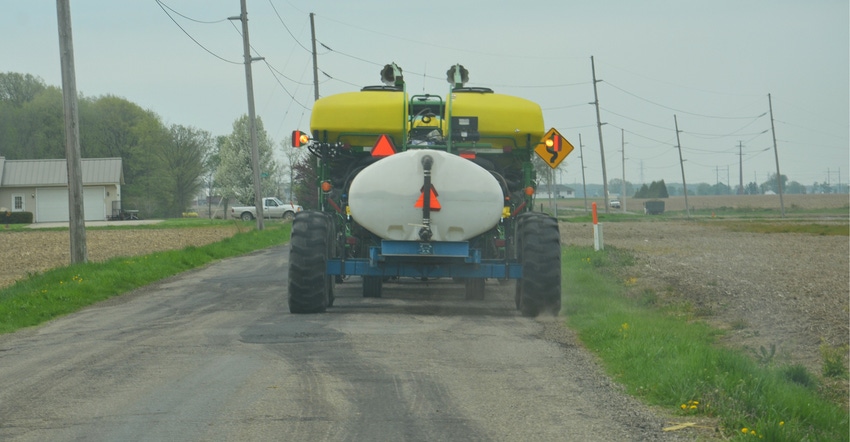
If you live within several miles of a city or a town, you can breathe a little easier beginning July 1. Some powers that cities and towns possess have changed. Thanks to new legislation passed this year, Justin Schneider explains that cities and towns can no longer automatically exert far-reaching regulatory power beyond their borders. Schneider is director of state government relations for Indiana Farm Bureau Inc.
The legislation started as Senate Bill 535, with a long name that became known as the “extra-territorial bill,” Schneider explains. The legislation should make it easier to know who can and can’t regulate around your home and farm.
Here are five takeaways from the new law:
1. Removes a city or town’s ability to regulate outside its borders. This applies to regulations that some municipalities have attempted to impose well beyond city limits but doesn’t apply to services cities provide. It also doesn’t eliminate 2-mile buffer zones that cities and towns can establish beyond their borders through zoning powers. What it does is return regulations regarding public health and safety issues to the county.
2. Requires county commissioners to approve what cities zone beyond borders. County commissioners must now be consulted before cities and towns expand zoning powers beyond their borders, unless the county has no zoning and the municipality provides services. The commissioners have the option of approving the request, but they’re not required to do so.
3. Allows county commissioners to take back authority beyond city limits. A court case made it unclear as to whether the county could take back control once a city or town had zoned an area outside its jurisdiction. The legislation makes it clear that commissioners have the right to take back control, Schneider explains.
4. Imposes restriction on use of eminent domain outside city or town limits. Before, cities and towns could impose eminent domain for any reason up to 4 miles beyond city limits. That could encompass a lot of farm ground in many areas of the state. The new legislation removes that power, Schneider says. However, city or town utilities can still use eminent domain when necessary, such as for water or sewer projects.
5. Removes ability to use eminent domain to create parks outside of city limits. The new language in state statute specifically forbids cities and towns from using eminent domain to create parks outside of their city or town limits, Schneider says. He notes that until now, that power had been used to create public park areas, often trails, some 5 to 10 miles beyond city or town borders.
Addressing these issues related to extra-territorial control was one of IFB’s priorities heading into the session, and IFB led the charge, Schneider says. However, there was also great support from several other statewide groups, which helped convince legislators that these changes needed to be made, he notes.
Those groups include the Association of Indiana Counties, the Indiana Chamber of Commerce, the Indiana Manufacturers Association and the Home Builders Association.
About the Author(s)
You May Also Like




